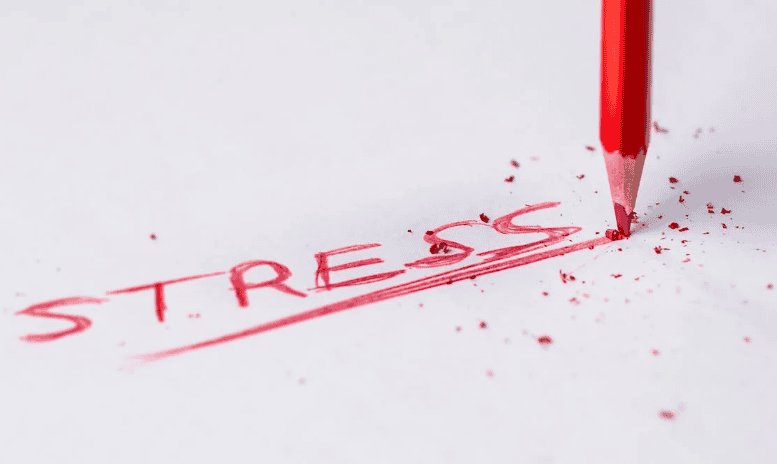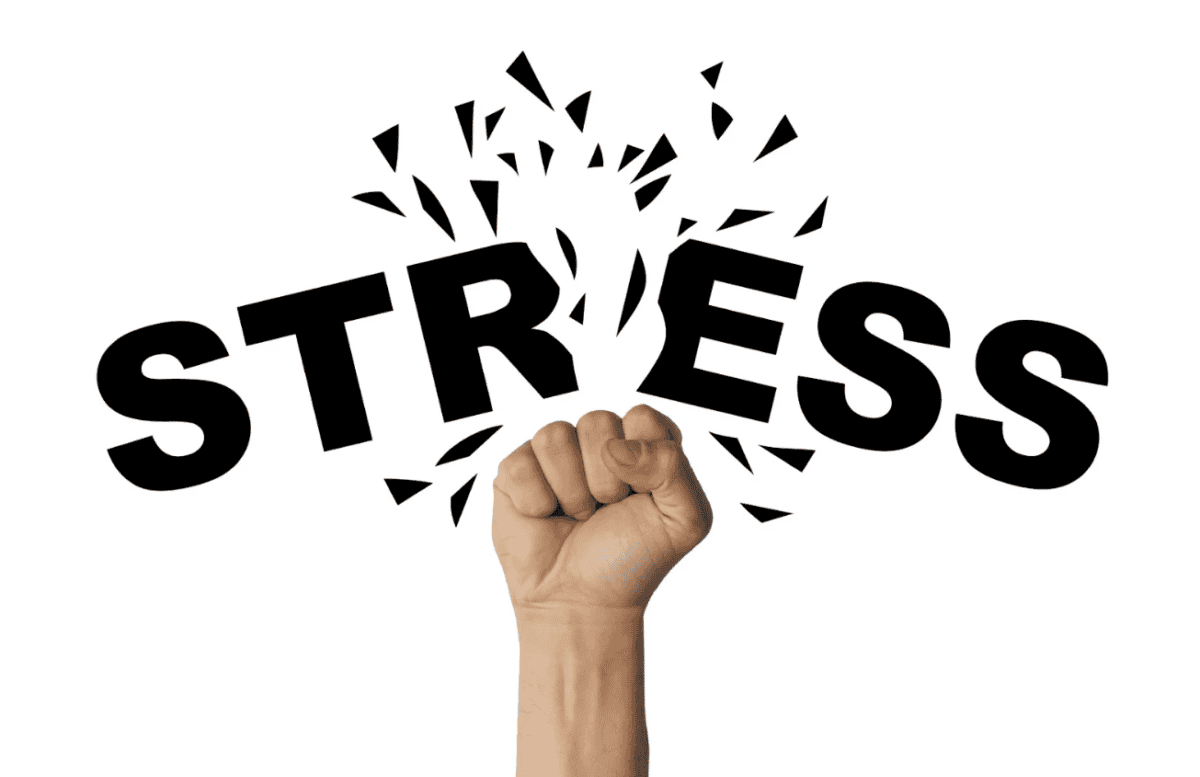Posted on 3rd May 2024
Our life is a combination of good and bad moments, and all of them cause some deal of stress. However, knowing how to cope with it can completely change our viewpoints and improve our health.
So, let’s check out some useful tips to conquer stress and live a more fulfilled and fearless life.

Exercise
A regular exercise routine can help you unwind physically and mentally. Exercising can also help you lift your spirits. To see results, however, you’ll need to do it more often. So, what exactly is the recommended weekly exercise routine?
Mild activity, such as a brisk stroll for 30 minutes, or severe exercise, such as swimming lamps, running, or other sports, for 75 minutes, is the maximum recommended. If you want to stay motivated, it’s important to create realistic fitness goals. Always keep in mind that even a little bit of exercise is better than nothing.
Breathe deeply
If you stop for a moment and try to take a deep breath, it will immediately relieve your stress. Once you master it, you won’t believe how much better you’ll feel. Here are some simple steps to achieve this:
- Place your feet flat on the floor and your hands on your lap to be in a comfortable sitting posture. You can also lay down if it is easier for you.
- Close your eyes.
- Imagine you are somewhere where you feel most relaxed, for example on a beach, on a swing in your backyard, or anywhere else.
- Inhale and exhale slowly, taking deep breaths.
- Perform this task for 5 to 10 minutes in a row.
Talk to a psychologist
Talking to a psychologist can help you if you’re having trouble controlling your stress levels. Although stress is a natural response to everyday problems and challenges, it can be really harmful if it hinders your ability to do everyday tasks and live normally.
So, you should try anxiety treatment and learn how to cope with daily life stresses, since if you avoid facing this problem early on, it can turn into a major issue that can affect the quality of your life. For example, some people turn to harmful coping mechanisms like overeating, drugs, excessive shopping, or gambling.
All of these ways can give you short-term relief, but they are also very dangerous as they develop bad habits that can only lead to greater problems. A psychologist, on the other hand, can help you find healthy alternatives to your escape habits and help you see the underlying issues that you need to face if you want to live a healthier and more fulfilling life.
Talk about your problems
Venting your problems and explaining how you really feel can make you feel better. You can seek the advice of loved ones, friends, a reliable religious leader, a medical professional, or a therapist.
You can also talk to yourself sometimes, no matter how strange it may seem. Self-talk can be quite positive if you want to alleviate some of your stress, so don’t avoid this kind of therapy.
Get enough sleep
One of the most important pieces of advice is to take care of your sleep schedule. Get at least 7 to 8 hours of sleep every night. Your focus and alertness will suffer if you compromise on the quality of your sleep.
Sometimes, people have to turn to certain medications to help them fall asleep or even stay awake, which influences their mood and motivation. Anxiety makes it hard to focus and get things done, so if you feel the need, take a little nap during the day, as this can boost your strength and alleviate some of the stress you may feel.
Eat well
Eating healthily has many benefits, and it’s not just about your waistline and top figure. A balanced diet can help you reduce stress, improve your immunity, stabilize your mood, and lower your blood pressure. Eating a lot of added sugar and fat can lead you to the other side, causing many negative effects on your physical and mental health.
So, eat complex carbs, lean proteins, and healthy fats like those in nuts, fish, eggs, and meat to keep your health and weight in check. Other helpful ingredients include antioxidants, as they protect your cells from harm. Beans, fruits, berries, veggies, and ginger are the best starter packs.
First of all, make a shopping list. Always have nutritious and healthy snacks on hand while you’re on the go. Avoid processed foods and eat mindfully. Moreover, vitamin C, omega-3 fatty acids, and magnesium are amazing choices to mitigate stress’s physiological and psychological impacts.

Try aromatherapy
Aromatherapy works by stimulating certain parts of the nose called scent receptors, which in turn communicate with the brain through the neurological system. The essential oils can stimulate certain brain regions, such as the limbic system, which helps memory and emotion. Aromas cause the hypothalamus arousal, and in this way help the secretion of serotonin and other feel-good neurotransmitters.
Start a stress journal
Keep track of the things that stress you out daily and how you handle them by keeping a stress journal. You can use a notebook or your phone’s stress tracker to record each time you experience stress.
You can identify patterns this way and work on them. Write down what exactly made you feel stressed and anxious. Describe how you were feeling, both mentally and physically. Note your reaction and how you managed to alleviate your own distress.
Practice the 4 A’s
The neurological system’s instinctive reaction to stress isn’t always predictable, but certain things, like your business meetings or family gatherings, seem to pop into your head as possible triggers. You have two options when faced with such stresses: change the circumstance or change your response.
The four A’s can be quite useful when choosing what to do every time a great deal of stress comes to attack you. You can Avoid, Alter, Adapt, or Accept the situation as it is. The choice is completely yours, so listen to your heart and choose the one that will make you feel better.
If you want to be happier, healthier, and more productive, you must learn to deal with anxiety effectively. Your life should be a combination of work, relationships, leisure, and enjoyment, but also some tough moments and unpredictable problems that we all experience at some point. There is no magic formula to help you completely avoid stress, but these tips can at least mitigate the negative effects it can have on your life.


